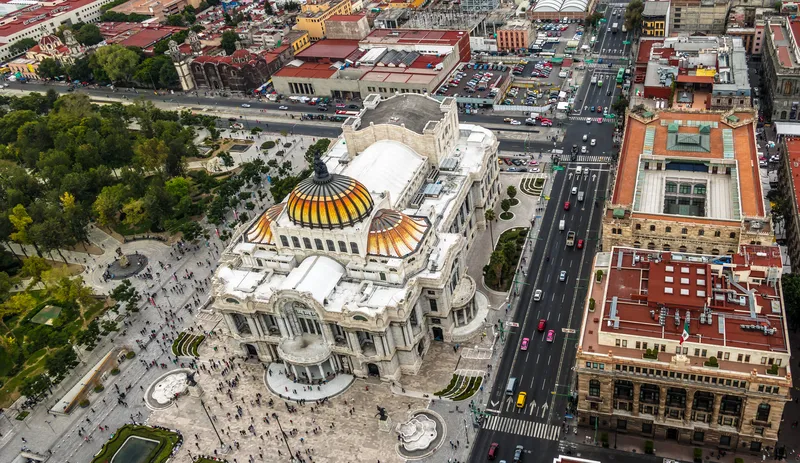
The Netherlands is setting out to reduce carbon dioxide (CO2) emissions in cities by introducing a €5,000 subsidy to help delivery companies switch to cleaner vehicles.
The funding is part of the urban logistics agenda signed by state secretary for infrastructure and water management Stientje van Veldhoven and 17 cities and municipalities, including Amsterdam, Rotterdam and Tilburg.
These areas have agreed to introduce zero-emission zones that will only allow emission-free delivery vans by 2025.
A statement issued by the Government of the Netherlands says the zero-emission zones will save approximately one megatonne of CO2 per year by 2030.
Councillor of Tilburg Oscar Dusschooten says the municipal council is considering opportunities and possibilities to achieve a sustainable and clean city.
“Examples include a comprehensive network of charging stations by 2025, and the ambition to introduce a zero-emission zone for logistics transport within the Ringbaan by 1 January 2025,” Dusschooten continues.
“These kinds of initiatives are necessary to improve air quality and they fit in well with our pursuit of awareness.”
The agenda also involves input from trade associations and business associations such as Transport and Logistics Netherlands, Bovag and the Amsterdam Economic Board.
Companies can switch to clean vans and trucks from 15 March.
Municipalities must announce plans to establish a zone at least four years in advance.








